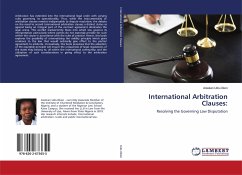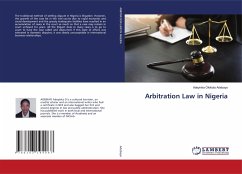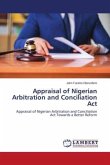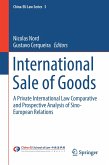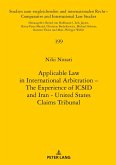Arbitration has extended into the international legal order with varying rules governing its operationality. Thus, while the instrumentality of arbitration clauses remains indispensable to dispute resolution; the debate on the need to accord International arbitration clauses a distinct status as against being an integral part of the contract agreement dominates the legal arena. This conflict inadvertently flows into which law governs its interpretation particularly where parties do not expressly provide for such within the clause in accordance with the rules of practice. Hence, this book explores the possibility of universalizing the validity principle which gives credence to the law that would ordinarily give effect to the parties' agreement to arbitrate. Innovatively, this book proposes that the adoption of the equitable principle will ensure the uniqueness of legal regulations of the states they belong to, all within the international community; and the utilization of such considerations in giving effect to the arbitration agreement.
Bitte wählen Sie Ihr Anliegen aus.
Rechnungen
Retourenschein anfordern
Bestellstatus
Storno

